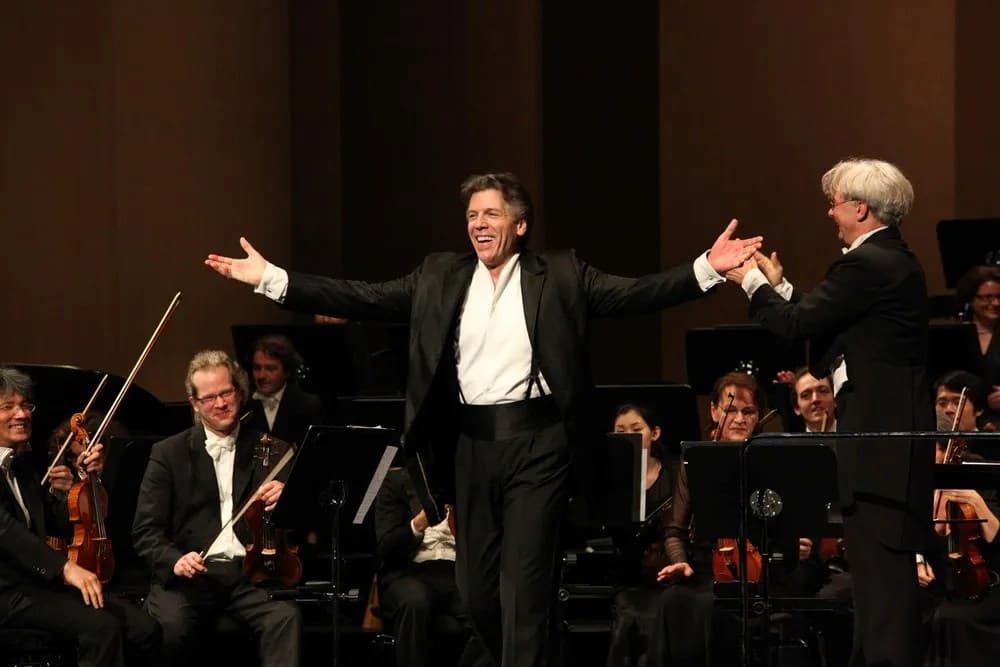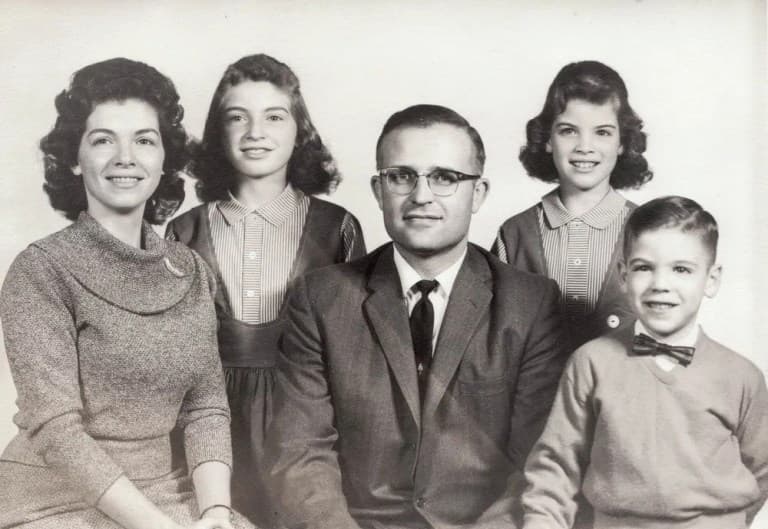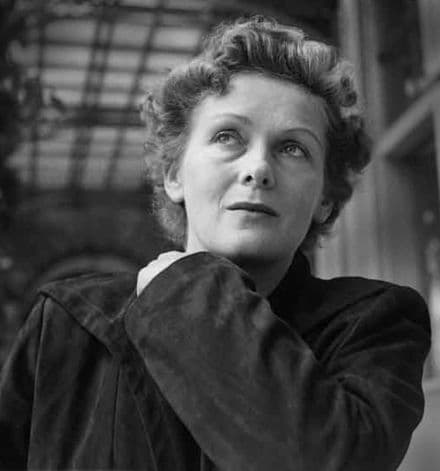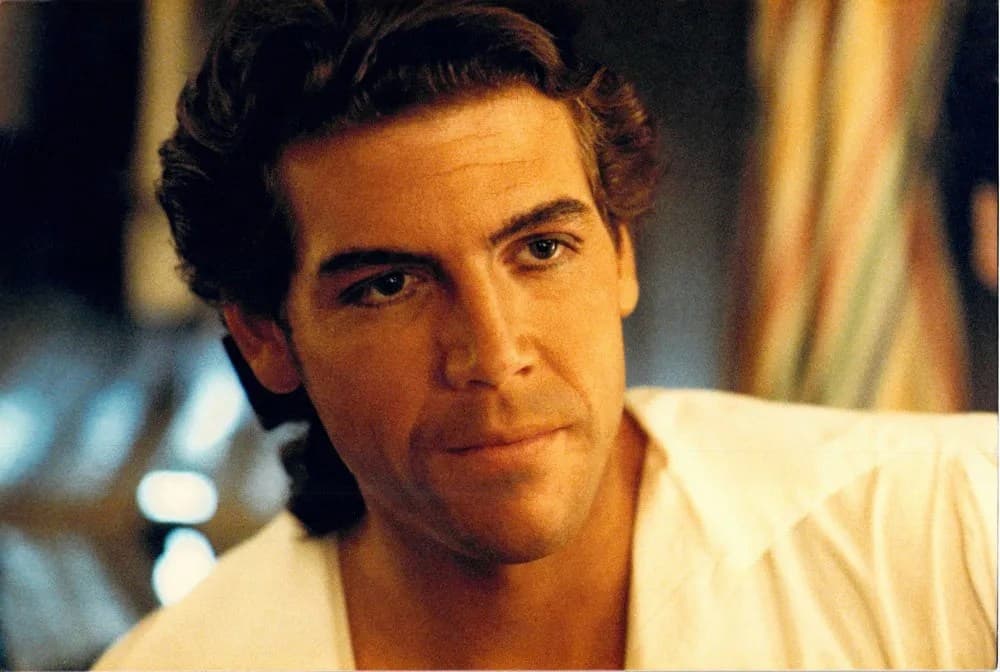The American lyric baritone Thomas Walter Hampson has appeared in all the major opera houses and concert halls around the world, and he has made well over 170 recordings. His enormous operatic repertoire spans more than 80 roles, and as a recitalist, he has “won worldwide recognition for thoughtfully researched and creatively constructed programs.”

Thomas Hampson in concert
In fact, Dame Elisabeth Schwarzkopf declared him “Europe’s best singer.” Hampson was born on 28 June 1955 in Elkhart, Indiana as the youngest of three children. His father is a chemical nuclear engineer who consulted with a number of waste-disposal companies, and his mother is a medical receptionist. Hampson remembers that she played the piano for a nearby “light-opera company, but their house was more likely to be filled with the sounds of Mantovani than Mozart.” When the family moved to the tri-cities area of Washington, Hampson became part of a children’s choir. “I was a boy soprano, a boy alto, and a boy tenor. When the vocal break came, I was in Walla Walla and I did not sing very much for a time.”
Thomas Hampson Sings Rossini’s Barber of Seville, “Largo al Factotum”
While choir singing was an important part of his education, Hampson also tried his hands at the tuba and, with less success, the piano. “I can’t just sit down,” he says, “and play any song on the piano like some performers. I admire that. I am truly, forgive me, God, jealous of people who are so musically able.” Hampson had to decide whether to be in the school band or the choir because they were scheduled at the same time.

Young Thomas Hampson with his parents and siblings
“I opted for the choir, and when I graduated from high school in 1973, I got involved in chorus work at Spokane’s new Opera House.” His father wanted him to become a lawyer, and Hampson did actually consider that particular career path. However, by his junior year at Eastern Washington University in Cheney, he realized that “the arduous task of becoming a lawyer was not important enough to my soul, whereas the arduous task of becoming an artist seemed to be organic to my existence if that doesn’t sound too highfalutin.”
Thomas Hampson Sings Mozart’s “Rivolgete a Lui lo Squardo,” K. 584
Hampson joined the newly founded Spokane Symphony Chorale, conducted by Sister Marietta Coyle. She was primarily known for her skill and success in private voice teaching, but she also was a very active conductor of several choirs. “A lot of her rehearsals were mass voice lessons,” Hampson remembered. “Her approach with the choir was not to get all members to sing with a particular technique. She believed in spontaneity and respecting the way each individual’s body was built and what God gave or, more importantly, did not give each singer. We have to respect certain truths about the voice. The larynx works this way, your posture works this way, and so forth.”

Dame Elisabeth Schwarzkopf
While continuing his studies in political science/government at Eastern Washington University, he concurrently earned a “Bachelor of Fine Arts” at Fort Wright College. Hampson started to appear professionally in the Spokane area, and Donald Thulean, director of orchestra services for the American Symphony Orchestra League remembers that Hampson “was always first in line after a performance to ask for my input. He thirsted after information that could help him do better.”
Thomas Hampson Sings Verdi’s Macbeth, “Perfidi!… Pietà, rispetto, amore”
In an interview, Hampson explained, “I’m just like that! How can I say this? In what I do, I’m a musician; my life and my mind as a musician is, every day, every hour, I’m exploring ways we express ourselves in a language we call music, and when that is coupled, especially in the song world, with the metaphor of our imagination through words, I find that it’s an incredible adventure into why we do what we do, who we are, how different people think of different things.”

Thomas Hampson as Don Giovanni in Vienna in the 1990s
Hampson continued his studies during the summers of 1978 and 1979, studying under Gwendolyn Koldowsky and Martial Singher before moving to Southern California to work with Jack Metz and Horst Günter at the Thornton School of Music. Hampson was starting to attract attention, and after winning the San Francisco Opera audition in 1980, he joined the “Merola” program for young artists. Participating in the summer training program offered by the San Francisco Opera, Hampson sang for Elisabeth Schwarzkopf, who invited him to study with her in Europe. Hampson immediately left for Europe and once the Deutsche Oper am Rhein in Düsseldorf had offered him a contract, his career was well on its way.
For more of the best in classical music, sign up for our E-Newsletter
